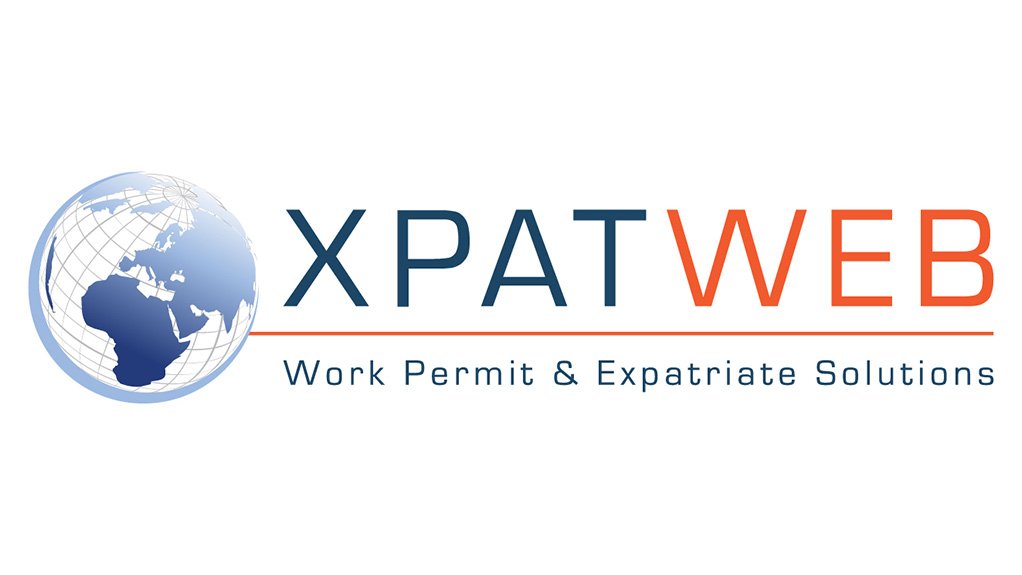Government departments responsible for updating the national Critical Skills List to attract highly skilled foreign professionals to South Africa, is working closely with business and the private sector to ensure an even further refined list which adequately reflects the country’s employment needs.
The Department of Higher Education and Training (DHET), who assists the Department of Home Affairs (DHA) in compiling the list, is currently working on the full reiteration of the Critical Skills List for publishing in 2025. To this end, the DHET recently held the second in a series of engagements for stakeholder input specifically on the methodology and possible improvements in putting the list together.
The list was updated in 2022, with two adjustments since, the latest being in October 2023.
The Critical Skills List informs which occupations the DHA approves for Critical Skills Visas for skilled professionals from abroad who are in high demand by South African corporates. Once an occupation is on the list, it is meant to ensure a smoother and expedited visa application.
Methodology
Currently the DHET mainly uses the Quarterly Labour Force Survey (QLFS), the Labour Market Dynamics Survey (LMDS) and the kind of job vacancies advertised on the job-hunting sites PNET and Career Junction to compile the list on Occupations in High Demand (OIHD), which partly informs the occupations included in the final Critical Skills List.
During the workshop, stakeholders recommended the DHET uses more data, more sources of data as well as current data on labour market trends and the skills South African business struggle to fill from the local labour pool when updating the list.
Xpatweb, South Africa’s premium work permit and immigration service provider, conducts an annual Critical Skills Survey with more than 500 respondents from verified employers who take part, indicating which skills they struggle most to fill and must recruit from outside of South Africa.
Marisa Jacobs, Managing Director of Xpatweb and one of the presenters at the workshop, explained the Survey aims to determine the extent of critical skills shortages in the country, and the role of foreign nationals in addressing these shortages.
Critical Skills Survey
The DHET said in its Technical Report for the 2020 Critical Skills List, the Xpatweb Survey provided a high-level look at occupation clusters that are extremely difficult to recruit in South Africa. It also mentioned the top-down approach where businesses indicate which skills are critical, and how the Department used Xpatweb’s information to guide the determination of what should be on the final Critical Skills List.
Jacobs said in the 2023/2024 Survey, respondents indicated that engineers and ICT professionals are among the top 10 skills in high demand.
Respondents also had an uphill battle to find skilled artisans, foreign language speakers and C-Suite executives.
In total 79% of organisations indicated they find it difficult to recruit critically skilled individuals. More than 80% of participants perceive the visa application process as a prohibitor when recruiting internationally.
Jacobs said some the most onerous factors in obtaining work visas for critically skilled individuals, are:
- no provision is made for the occupations on the Critical Skills List;
- the professional body registration process for the said individual; and
- the SAQA evaluation process.
Therefore, it is a welcome development that the Minister of Home Affairs partially waived a SAQA evaluation certificate for the Critical Skills Visa application as long as proof of the application to SAQA is presented. This waiver if part of the newly gazetted Points-Based System for Critical Skills and General Work Visas.
Attendees at the workshop reiterated the Critical Skills List makes it possible to hire foreign talent for which South Africa has not enough citizens to fill all the vacant positions. It is not about taking employment away for South Africans
Economic benefits of attracting critical skills from abroad
The DHA defines critical skills as those crucial for economic growth and without which certain projects and work could not be undertaken.
At the workshop, Operation Vulindlela quoted estimates by National Treasury that eliminating the shortage of critical skills can raise potential GDP by up to 1.3 percentage points above the baseline in a 12-year period. The demand for skilled workers is also believed to boost the demand for semi- and unskilled workers.
“A 1% increase in skilled immigration would lead to a 1.5% increase in employment in the domestic labour market, as skilled personnel create lower-skilled jobs.”
The International Labour Organisation recommended Government pilot a direct connection between the Critical Skills List and potential number of visas for certain occupations, and for certain durations. This will provide input to the relevancy and usefulness of the list.
Another recommendation centered around regular updates to the list with some kind of predictability for stakeholders. This would improve overall transparency and signal the expected duration of the current list.
Many countries use critical skills lists to inform immigration policies. Inaccurate lists may result in either a shortage of foreign workers where they are truly needed, or an oversupply in areas that are already saturated. Working with the best possible data to compile South Africa’s national Critical Skills List is therefore of the utmost importance.
Written by Xpatweb
EMAIL THIS ARTICLE SAVE THIS ARTICLE ARTICLE ENQUIRY
To subscribe email subscriptions@creamermedia.co.za or click here
To advertise email advertising@creamermedia.co.za or click here











